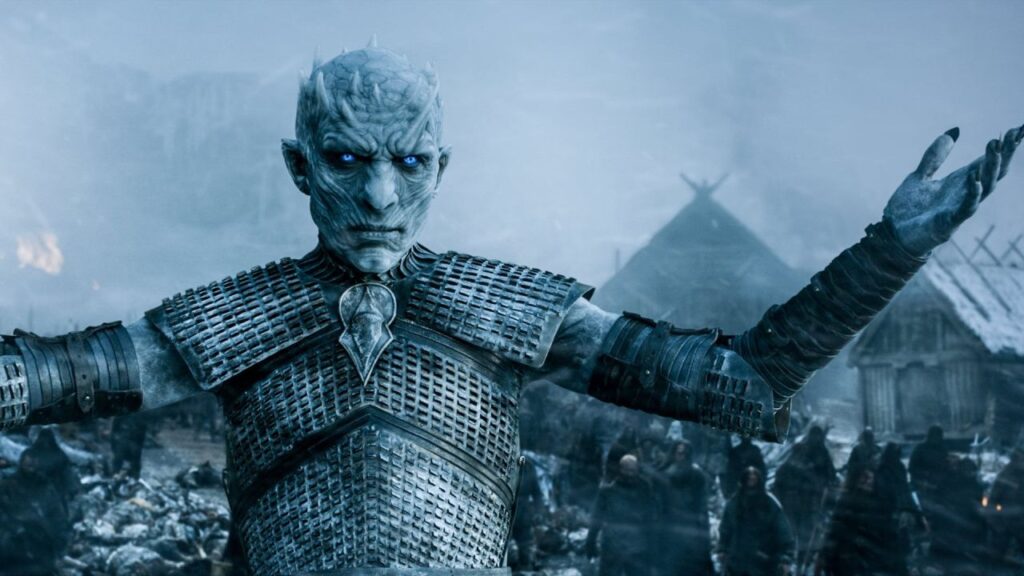The British Academy of Film and Television Arts (BAFTA) Longlist is a pivotal milestone in the awards season calendar. Released annually, the curated selection of potential nominees in multiple categories serves as a precursor to the final BAFTA nominations and, often, a significant predictor of success at the Oscars.
The deadline for the Round One voting is fast approaching.
This phase of the awards season offers insight into which films have strong international support — a voting bloc within the AMPAS membership that has previously boosted winners like Anthony Hopkins in “The Father” (2020) and has seen last year’s BAFTA winners largely align with Oscar outcomes, except for visual effects (“Godzilla Minus One” which was not BAFTA-nominated).
Historically, BAFTA and Oscar nominees have notably overlapped, particularly in major categories like best picture, director, and acting awards. While introducing juries in recent years has added unpredictability to some categories, recent rule changes aim to better reflect BAFTA’s membership.
For best film, the top 10 vote-getters — determined by the entire BAFTA membership — will make the longlist, which will eventually be narrowed to five nominees. This process can provide key boosts for films like RaMell Ross’ “Nickel Boys” while potentially leading to stumbles for others, such as Greg Kwedar’s “Sing Sing.” Notably, “American Fiction” (2023) earned a single BAFTA nomination for adapted screenplay, which it won, alongside four Oscar nominations, including best picture. However, these outcomes remain far from being an exact science. Also, remember, “All of Us Strangers” had a terrific BAFTA longlist showing and went on to nab zero Oscar noms.
In acting categories, the top seven vote-getters automatically make the longlist, while a jury decides the final three slots from those ranked eighth through 13th. The top six are selected solely by chapter votes, without jury involvement, for final nominations.
The director category operates differently: the top five men and top five women make the longlist, with no jury input. If a nonbinary director or a male-female directing duo ranks in the top 10, an 11th spot is added. This dynamic favors European filmmakers like Edward Berger (“Conclave”), who won two years ago for “All Quiet on the Western Front,” and Jacques Audiard (“Emilia Pérez”). However, it puts others, such as RaMell Ross (“Nickel Boys”), Jon M. Chu (“Wicked”), and Sean Baker (“Anora”), at risk of missing the cut. Additionally, films like Brady Corbet’s “The Brutalist,” with its 215-minute runtime, may face hurdles in securing votes from industry members busy with holiday schedules and may not have gotten to it yet.
In the women’s director category, Payal Kapadia (“All We Imagine as Light”), Coralie Fargeat (“The Substance”), and Halina Reijn (“Babygirl”) seem poised for longlist recognition. Ellen Kuras (“Lee”) benefits from star Kate Winslet’s support, while Zoe Kravitz (“Blink Twice”) could be a surprise inclusion.
The acting chapter’s voting closes on Dec. 23, with the remaining categories wrapping up on Dec. 30. Big names expected on the longlist include Daniel Craig (“Queer”), Timothée Chalamet (“A Complete Unknown”), and Angelina Jolie (“Maria”). However, surprises are always possible.
Barry Keoghan and Sebastian Stan are among the contenders with multiple entries. Keoghan has a co-leading turn in “Bring Them Down” (alongside Christopher Abbott) and a supporting role in “Bird,” either of which could land him a spot. Stan faces vote-splitting challenges with two lead performances: Donald Trump in “The Apprentice” and a disfigured man in “A Different Man.” A jury may intervene to bolster one of his chances.
In the leading actress race, Saoirse Ronan could gain traction with “The Outrun,” despite also appearing in the supporting category for “Blitz.” Supporting actress may see pop stars Selena Gomez (“Emilia Pérez”) and Ariana Grande (“Wicked”) on the longlist while supporting actor will likely feature Kieran Culkin (“A Real Pain”), Yura Borisov (“Anora”), and possible Denzel Washington for “Gladiator II,” though his zero-nomination history with BAFTA gives caution.
The BAFTA longlist will be announced on Jan. 3. Nominations voting opens the same day and closes on Jan. 10, ahead of the final nominations announcement on Jan. 15 — just two days after Oscar voting ends. In many ways, the longlist will be more influential than the final nominees, shaping narratives as Oscar campaigns gain momentum.
Check out the longlist predictions in all categories below.


